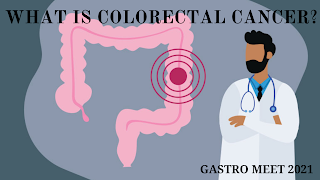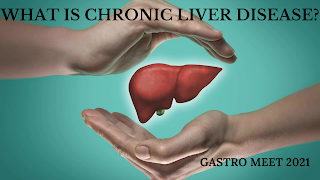WHAT IS COLORECTAL CANCER?

Colon cancer is a kind of cancer that arises in the large intestine (colon). The colon is the last part of the gastrointestinal tract. Colon cancer normally affects grown-up adults; however it can occur at any age. It typically originates as small, noncancerous (benign) masses of cells called polyps that form on the inside of the colon. Over time certain polyps can become colon cancers. Polyps can be minor and produce few, if any, symptoms. For this aim, doctors mention consistent screening tests to help end the colon cancer by detecting and eliminating polyps before they turn into cancer. If colon cancer grows, numerous treatments are accessible to help control it, as well as surgery, radiation therapy and drug treatments, such as chemotherapy, targeted therapy and immunotherapy. Colon cancer originates when healthy cells in the colon grow changes (mutations) in their DNA. A cell's DNA comprises a set of commands that tell a cell what to do. Healthy cells develop and share i...





